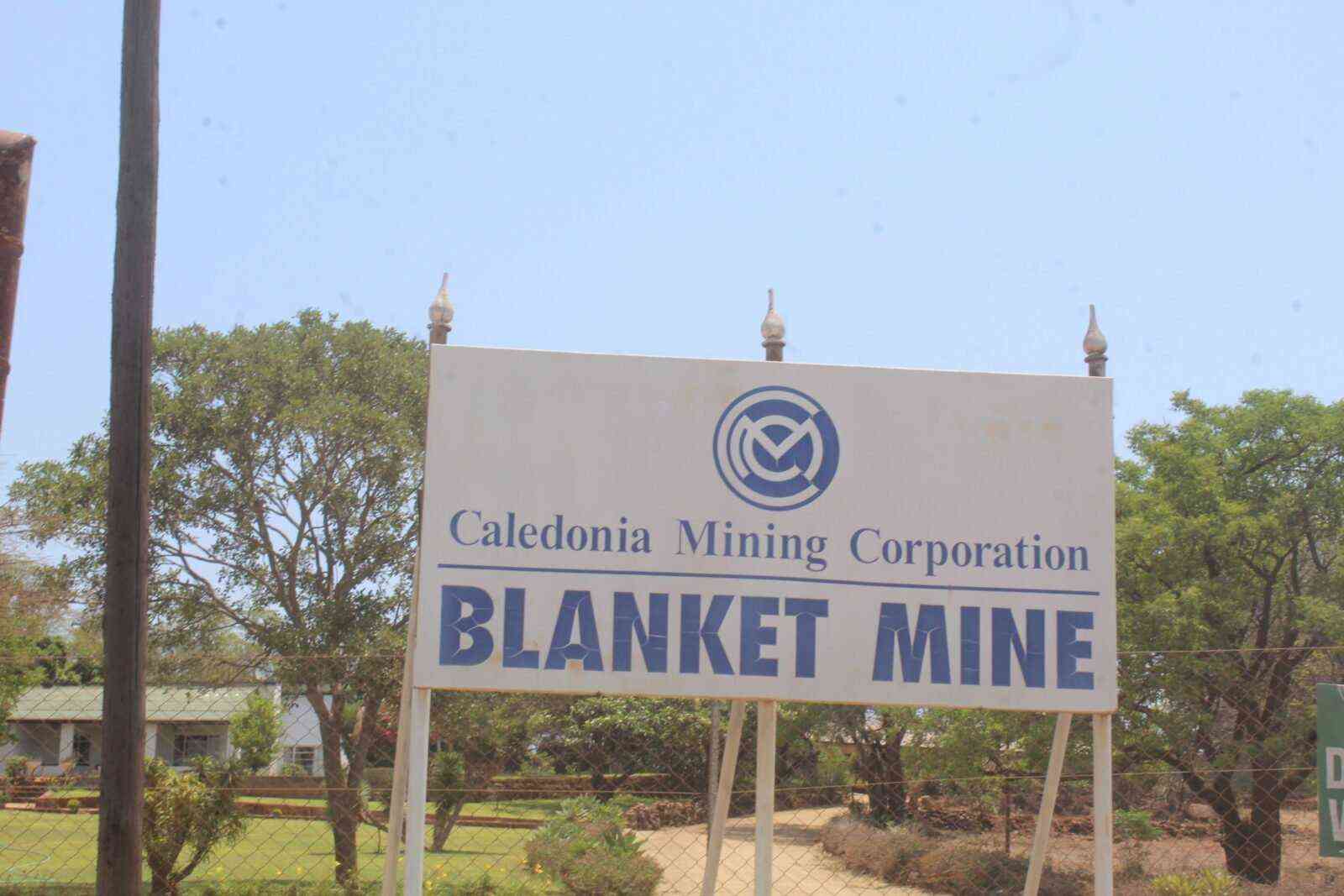
BY MTHANDAZO NYONI
REGIONAL cement maker PPC said the devaluation of the Zimbabwe dollar against the South African rand as well as the application of the provisions of IAS 29 financial reporting system adversely affected its results for the six months ended September 30 2019.
According to the group’s condensed consolidated financial statements for the six-month period ended September 30, 2019, group revenue declined by 12% to R4 948 million attributable to a 17% decline in overall cement volumes to 2,6 million tonnes.
Southern Africa cement and PPC Zimbabwe were the main contributors to the decline.
Cost of sales declined by 10% to R4 023 million compared to the previous year while overheads reduced by 4% to R555 million.
Group earnings before interest, tax, depreciation and amortization (EBITDA) declined by 17% to R868 million, resulting in an EBITDA margin of 17,5%.
“The group results are impacted by the significant currency devaluation between the ZWL and the South African Rand and the application of the provisions of IAS 29 that complicates comparability at a group level,” PPC said in a statement.
“PPC Zimbabwe has applied hyperinflationary accounting from 1 April 2019 to 30 September 2019. The results, net assets and cash flows were then translated from ZWL to rand at a closing rate of 1ZWL to 0,99 ZAR compared to 1ZWL to 4,80ZAR at March 2019, which had a material impact on the results.”
- Chamisa under fire over US$120K donation
- Mavhunga puts DeMbare into Chibuku quarterfinals
- Pension funds bet on Cabora Bassa oilfields
- Councils defy govt fire tender directive
Keep Reading
The application of IAS 29 resulted in a net monetary gain amounting to R543 million (before tax), the group said.
Commenting on the results, PPC chief executive officer Roland Van Wijnen, said: “Our focus in Zimbabwe remains to deliver to our customers premium products and solutions at stable or improved earnings before interest, tax, depreciation and amortisation margins, as well as to ensure financial self-sufficiency of the business against the backdrop of a challenging macro-economic environment. The PPC Zimbabwe team has delivered on both these strategic imperatives.”
PPC said included in the fair value adjustment loss of R270 million is an estimated credit loss of R307 million relating to Zimbabwe financial assets, R76 million of which was raised against the PPC Zimbabwe financial asset arising as a result of the PPC Zimbabwe debt being settled by the Reserve Bank of Zimbabwe on a 1:1 basis as legacy debt.
“The remainder of the expected credit loss provision was raised against the PPC Limited blocked funds held by the Reserve Bank of Zimbabwe and cash deposited in a non-resident account with Stanbic in Zimbabwe. The balance of the fair value adjustment relates to the translation into rand of foreign assets and liabilities,” it said.
In the period under review, volumes declined by 30-35%, in-line with the decrease in the overall market, while cement pricing was adjusted on a weekly basis to contend with the rapid increase in inflation and the devaluation in currency.
Revenue declined by 54% to R497 million against the backdrop of a hyper-inflationary environment, severe weakening of the ZWL, regular power outages and a weaker cement market.
The group, however, said PPC Zimbabwe was financially self-sufficient and is preserving cash by investing in inventory and accelerating capital expenditure.
“In Zimbabwe, the business is self-sufficient and will continue to focus on delivering to the market at stable EBITDA margins while managing cash and implementing strategies to preserve the longer-term value of the business.”
“Despite the challenging trading conditions, the business remains well capitalised and is well positioned to benefit from local infrastructure projects and growth in the region,” it said.







